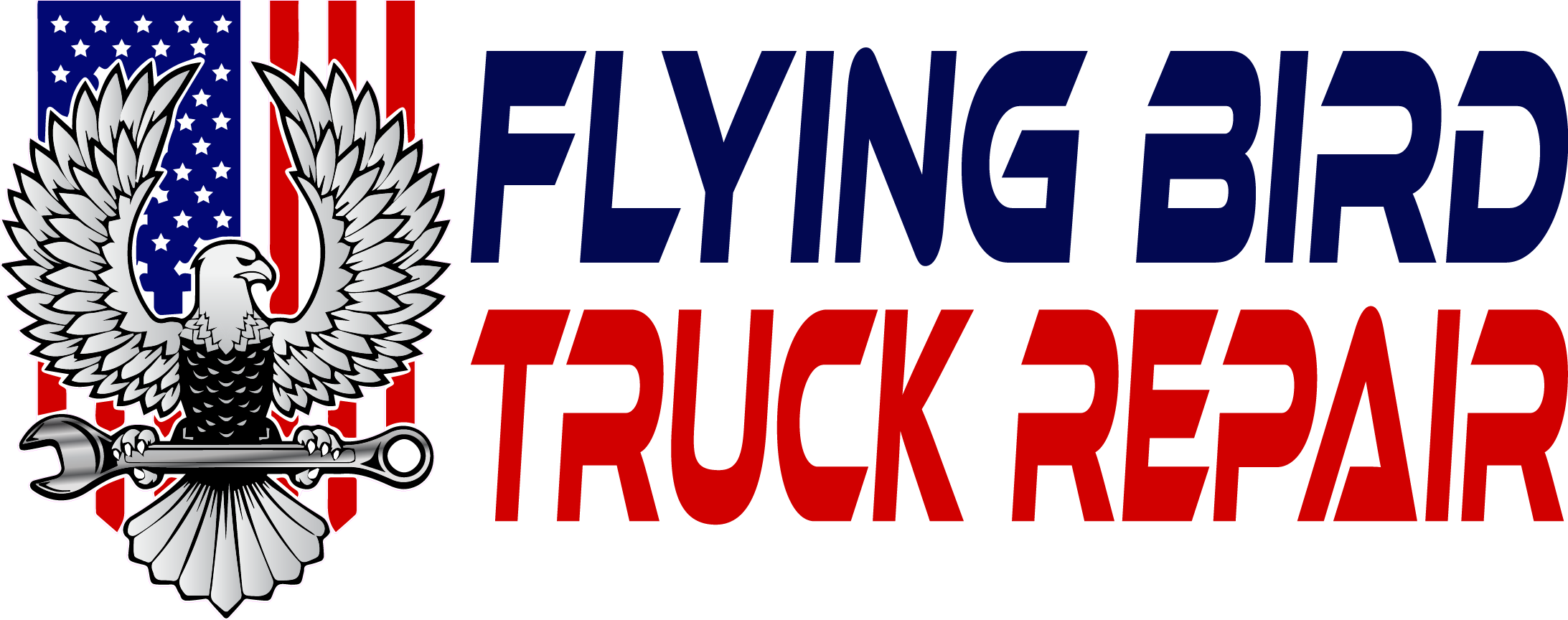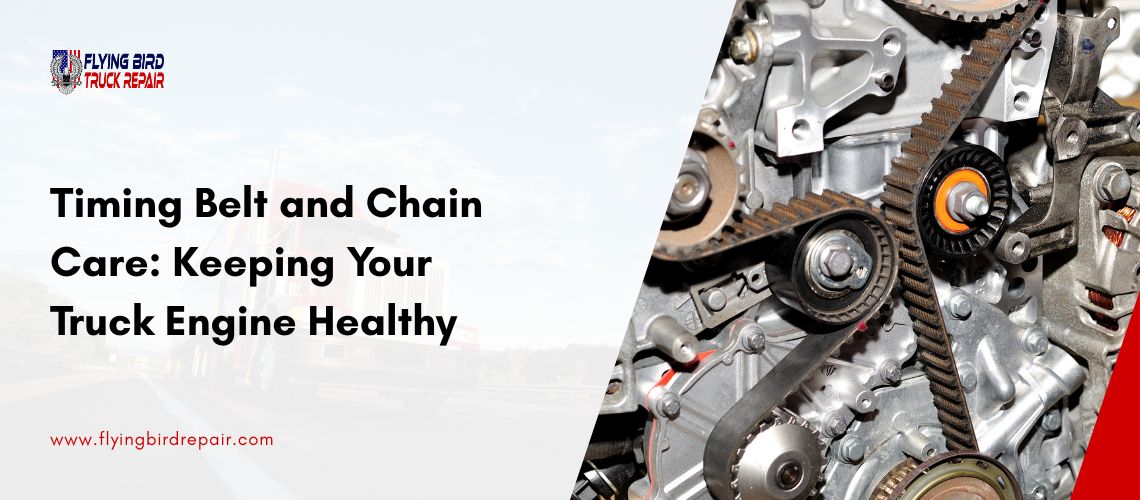Every day, your truck puts forth a lot of effort. Whether you’re hauling freight across states, towing heavy equipment to job sites, or simply commuting through town, your truck takes on a lot. It’s your partner on the road, your mobile workspace, and sometimes, your second home. But even the most rugged and reliable trucks need a little love.
And that love? It all starts with maintenance—specifically, keeping up with oil changes.
Consider your truck’s engine oil to be its lifeline. It keeps the engine cool, the components lubricated, and everything functioning properly. Ignoring oil maintenance is like skipping meals and rest for your body. Sure, you might push through for a while, but eventually, something gives—and the damage can be costly.
One of the most frequent reasons for truck engine problems is worn-out oil. It might seem like a small thing, but skipping oil changes can lead to a domino effect—overheating, friction, breakdowns, and engine failure.
So, how do you know your truck is due for an oil change? What signs should you be watching for, especially when you’re busy or on a tight schedule?
Don’t worry, we’ve got you covered.
In this guide, we’ll walk you through the most common (and often overlooked) signs your truck needs an oil change, how to catch them early, and why staying ahead of your oil schedule is one of the best truck maintenance tips out there. Plus, we’ll share practical advice on how to avoid long-term damage, save money, and keep your truck running like a champ.
Let’s dive in—because your truck deserves the same loyalty it gives you every mile of the way.
Why Engine Oil Matters
Before we jump into the warning signs, it’s worth understanding what engine oil does:
- Lubricates engine parts
- Reduces friction
- Cools down the engine
- Removes debris and dirt
- Prevents corrosion
Fresh, clean oil keeps everything running smoothly. Old or dirty oil? Not so much. That’s when problems start creeping in.
1. Your Dashboard Light Comes On
Let’s start with the obvious. Today, most trucks have a check engine light or an oil change reminder. If you see either one blinking at you, it’s your truck’s way of saying: “Hey, take a look under the hood.”
Don’t ignore it. This is one of the earliest and most common truck oil change warning signs. Even if your truck seems to run fine, that little light is a sign that your oil is either low or past its prime.
2. Knocking or Ticking Sounds
All of your engine’s working parts are covered in fresh engine oil. This stops them from rubbing together and causing wear.
But as oil gets older, it loses that slick texture. Suddenly, you might hear ticking, knocking, or even rumbling noises—especially when you start the engine or drive uphill.
This noise means friction is building up. And where there’s friction, there’s damage. Don’t wait. You can avoid hundreds of dollars in engine repair later by getting an oil change now.
3. Dark, Dirty Oil
Clean engine oil is amber and slightly transparent. Dirty oil? It’s dark brown or even black, often gritty when you touch it.
You do not have to be a mechanic to inspect it. Just pull out the dipstick, wipe it, dip it again, and see what the oil looks like. Your oil has been working overtime, therefore, it’s time to replace it if it’s black and sludgy.
This is one of the easiest truck maintenance tips to do at home—no tools required.
4. Your Engine Smells Hot or Like Oil
If you’re getting strong smells of burning oil inside your cabin, or even just a hot, mechanical odor, don’t ignore it.
Your oil may be too old to adequately cool the engine or, worse, it may be leaking and burning. In any case, you ought to pull over and have your oil checked. Oil leaks and overheating can cause serious engine performance and oil concerns.
5. Poor Fuel Economy
Getting fewer miles per gallon than usual? It could be your engine oil.
The engine has increased resistance and friction due to old oil. As a result, your engine has to work more, which burns more gas. If your truck suddenly feels thirstier than normal, it might be time for an oil change.
So if you’re wondering when to change truck oil, a sudden drop in fuel efficiency is one red flag to watch.
6. Your Truck Feels Sluggish
You know how your truck usually feels when you accelerate or pull a load. But if it starts feeling lazy, takes longer to respond, lacks power, or just seems off, it could be your engine oil.
Clean oil ensures smooth movement inside the engine. Dirty oil slows everything down.
This is especially true for oil changes for diesel trucks, where performance matters during heavy-duty jobs. It’s time to check the oil in your truck before it starts to drag.
7. Excess Smoke from the Exhaust
A little white vapor from the tailpipe? Normal. But thick blue or gray smoke? That’s a warning sign.
This usually means your oil is either leaking into the engine or being burned due to wear or overheating. Either way, the solution starts with fresh oil—and maybe a trip to the shop.
Pay attention to this one. It’s one of the most evident indicators of contaminated truck engine oil.
8. Overdue Mileage
Let’s not forget the basics. If you haven’t changed your oil in a while, it’s probably time.
So, how often should to change truck oil? That depends:
- Conventional oil: Every 3,000 to 5,000 miles
- Synthetic oil: Every 7,500 to 10,000 miles
- Diesel trucks: Often around 5,000 to 7,500 miles, depending on load and driving habits
If you’re doing lots of towing, driving in dusty areas, or sitting in traffic a lot, consider changing oil more often. When in doubt, check your truck’s manual—or talk to a mechanic.
9. Rough Idling or Stalling
Dirty oil can affect your engine’s combustion system. That means you might notice your truck idling roughly, shaking, or even stalling at stoplights.
If this sounds familiar, the issue might not be your fuel or spark plugs. Sometimes it’s just overdue oil.
Again, this is one of those subtle dirty oil symptoms you shouldn’t ignore.
10. You’ve Lost Track of Time
Let’s be real—life gets busy. It is easy to forget when you last got your oil changed. But if you can’t remember the last time you had it done, you’re probably due.
Set a reminder on your phone. Keep a sticker or note in your glove box. Better yet, stick to a truck maintenance schedule to avoid falling behind.
Why Regular Oil Changes Matter
We’ve talked about the warning signs. But what are the actual benefits of regular truck maintenance when it comes to oil?
- Longer engine life
- Better fuel economy
- Smoother performance
- Fewer breakdowns
- Lower long-term repair costs
Simply put, changing your oil is one of the easiest and most cost-effective ways to extend your truck’s lifespan.
Best Practices for Oil Maintenance
Now that you know what to watch for, here are a few bonus truck maintenance tips to help you stay ahead:
Stick to a Schedule
Don’t wait for problems. Follow a truck maintenance checklist that includes oil changes according to mileage or time.
Use the Right Oil
Your truck’s manual will inform you if you should use synthetic or conventional oil. Diesel engines usually require specific types of oil. Don’t guess—use what’s recommended.
Pair Oil Changes with Other Services
A good time to get other services done too, like a:
- Truck oil & Filter change
- Truck DPF filter cleaning
- Truck Tire alignment
- Full Truck maintenance & Repair service
- Commercial truck diagnostics
Combining services saves time and keeps your truck in peak shape.
Conclusion
Your truck does the heavy lifting daily. The least we can do is give it clean oil and a little attention now and then.
Whether you’re driving across the country or hauling locally, staying alert to the signs your truck needs an oil change can prevent costly repairs and keep your truck strong for the long haul.
Don’t wait for a dashboard light or a cloud of smoke to tell you something’s wrong. Trust your truck, pay attention to the little changes, and make oil care a regular part of your routine.




